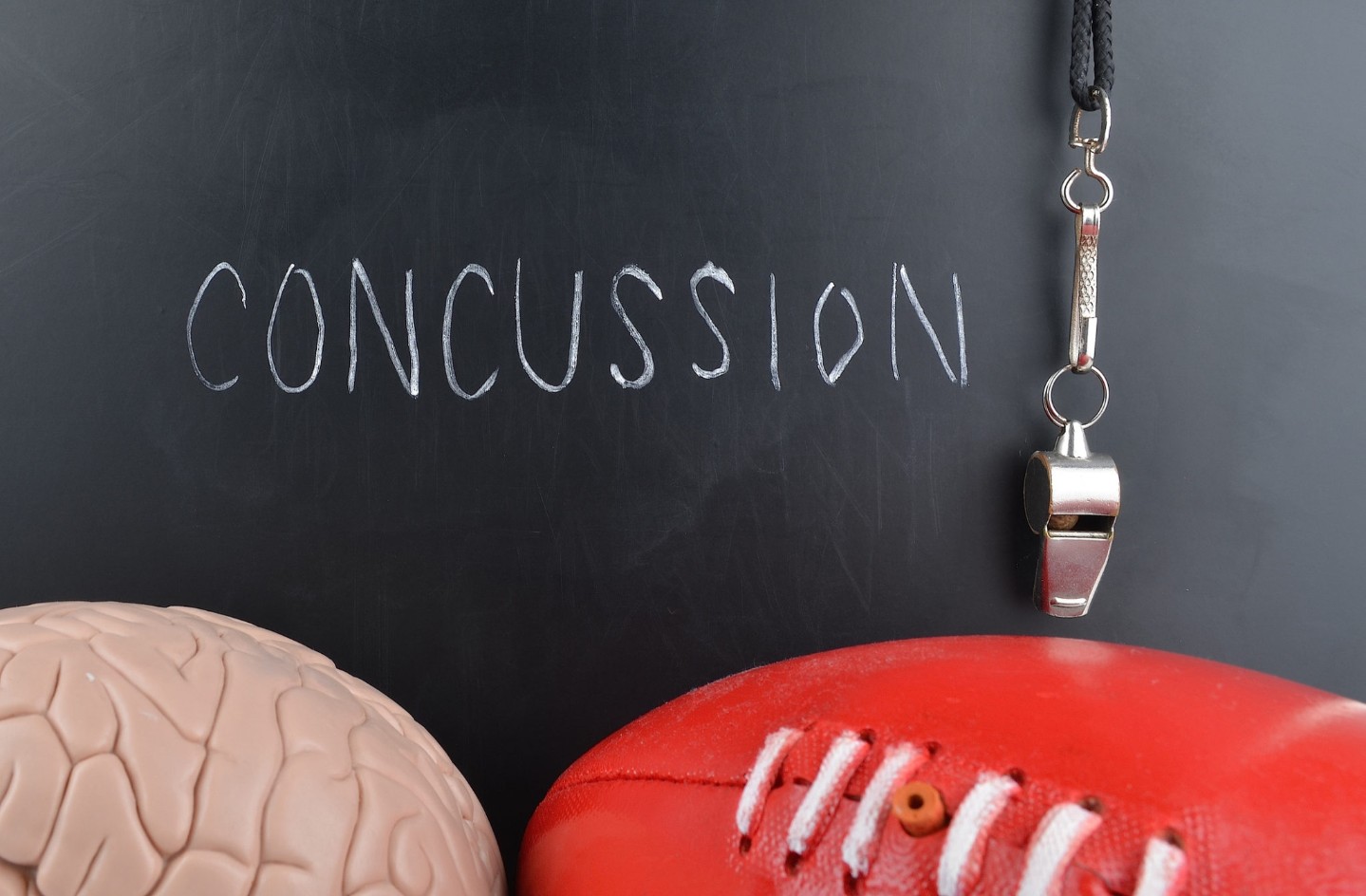So far this football season I have diagnosed 4 high school players with concussion. Last year I only made the diagnosis once. The difference this year is that trainers and coaches are paying closer attention to signs that one of their players may have a concussion. This is in part due to the efforts by both the NFL and the NCAA to educate the coaches and their staff as well as help protect the players themselves.
Concussion can occur in both helmeted and non-helmeted sports, and is most common in any sport that may involve a collision of any type. When I diagnosis a sports related concussion I have a discussion with the parents, the patient and I always fax a letter to the school athletic director, trainer and coach.
A concussion, in my opinion, is a mild traumatic brain injury and should not be treated lightly. Common features of concussion include:
- A direct blow to the head or elsewhere on the body with an impulsive force relayed to the head
- A rapid onset of neurological impairment that resolves over time
- A graded set of clinical symptoms (headache, visual changes, nausea, vomiting, amnesia) that may or may not involve loss of consciousness
- No abnormality on neuroimaging studies (CT or MRI)
An athlete suffering from concussion may have a wide range of symptoms. They may be dazed or disoriented, have poor coordination, decreased attention (more than a normal teenager) emotional lability, amnesia issues with event prior to the incident or those that happen after the hit or loss of consciousness. They may complain that sound hurts their ears (phonophobia) or light hurts their eyes (photophobia), fatigue, memory issues, headaches, stomach upset, sleep problems, concentration difficulty, or dizziness. These symptoms may last only a short time or may persist for weeks.
I use the Sport Concussion Assessment Tool (SCAT) to help me diagnosis and grade a concusion. The American College of Sports Medicine grading scale is as follows:
- Grade I: No loss of consciousness (LOC) and mild retrograde amnesia <5 min
- Grade II: LOC <5min and retrograde amnesia >30min and >24 hrs
- Grade III: LOC > 5 min and retrograde amnesia >24hrs.
The big concern about concussion is that if it is not diagnosed the athlete may suffer from post-concussive syndrome. This is a prolonged course of neurocognitive symptoms that may last indefinitely. Also there is a very serious risk of second impact syndrome. This is rare but can be fatal. This is when a second head injury takes place to an already damaged and traumatized brain. It is defined as death from a fatal brain herniation after sustaining a second concussion within a short time of a previous brain injury. Not to mention the risk of post-traumatic epilepsy, post-traumatic vertigo, cranial nerve injuries, or prolonged brain injury.
Therefore it is the duty of the coaches, trainers, parents and physicians to be able to recognize these injuries when they happen. Often athletes will down play the severity of their symptoms because they want to continue to play or think that it is their duty to help the team to win. But at what cost? If they are suffering from a brain injury, how much help can they truly be. Thus we need to educate the athletes themselves about the concerns involved with concussions.
Treatment often includes time off from play for a minimum of 1 week depending of the grade of the concussion. Tylenol and ibuprofen may be used for the headache but narcotics should be withheld as they may mask or enhance neurological issues. It is ok for the athlete to sleep but they should be able to be aroused and woken up without difficulty. If they are too drowsy, have neurological problems or have a high grade concussion, then they should have imaging done of the brain to rule out serious traumatic brain injury.
Schools as well as physicians need to have return to play guidelines in place and should go over them in detail with parents and the athlete in question. Often these include follow up visit with a physician and re-evaluation and a repeat of neuropsychological testing. Usually once the symptoms have completely resolved and the examination is normal, the athlete can gradually return to their previous level of physical activity.




